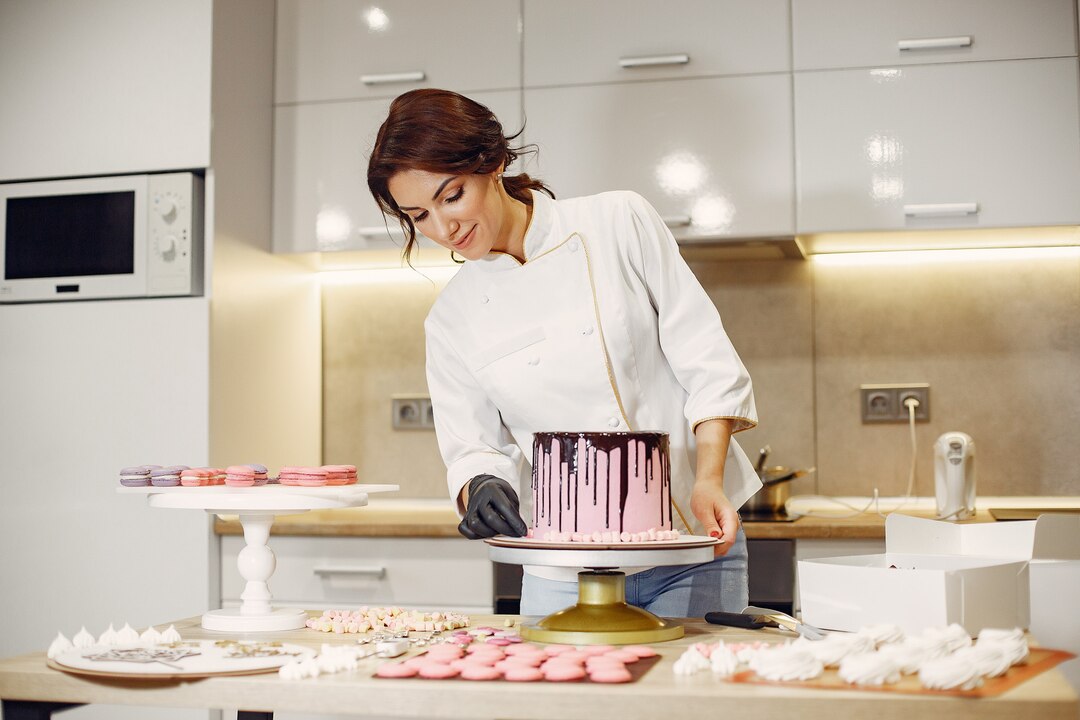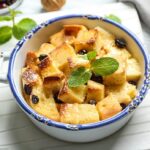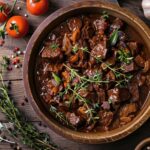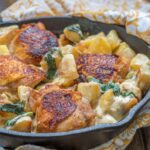Baking can feel like a mix of science and art — sometimes rewarding, other times frustrating. Whether you’re a beginner or have some experience, improving your baking skills can make all the difference between a so-so loaf and a show-stopping cake. To help you take your baking game to the next level, we turned to an award-winning chef who’s mastered the craft and knows what it takes to create consistently delicious baked goods.
Here’s the expert advice on how to become a better baker, straight from the kitchen of a seasoned pro.
1. Master the Basics Before Experimenting
Even the best bakers started with simple recipes like basic bread, cookies, or muffins. Understanding how ingredients work together — from flour types to leavening agents like yeast or baking powder — builds a solid foundation. Our chef emphasizes that mastering these fundamentals allows you to troubleshoot mistakes and gain confidence before moving on to more complicated recipes.
2. Measure Ingredients Accurately
Precision matters in baking. Unlike cooking, where you can adjust seasoning on the fly, baking requires exact measurements to achieve the right texture and rise. Use a kitchen scale when possible, and follow recipes closely. Our expert suggests investing in good quality measuring tools — it’s a small step that pays off big time.
3. Pay Attention to Temperature
Ingredients and oven temperatures can make or break your bake. Butter straight from the fridge might not cream properly, and an oven that runs too hot can burn the outside while leaving the inside undercooked. The chef advises preheating your oven well in advance and using an oven thermometer to ensure accuracy.
4. Practice Patience — Let Dough Rest and Rise
One of the biggest baking pitfalls is rushing. Yeast doughs need time to ferment and rise for good texture and flavour. Likewise, letting cakes or cookies cool before cutting or frosting can prevent crumbling. Patience is not just a virtue — it’s a key ingredient.
5. Experiment with Quality Ingredients
While you don’t need fancy or expensive ingredients, using fresh, good-quality staples can improve your results. Fresh baking powder, high-quality vanilla extract, and good butter can elevate your bakes. The chef also recommends trying different types of flour or sugar to discover what works best for your recipes.
6. Keep Your Workspace Organized
Baking is a process, and being organized helps everything flow smoothly. Mise en place — having all ingredients prepped and measured before you start — is a professional baker’s trick. It reduces mistakes and stress, especially when baking multiple items.
7. Learn to Read Your Bakes
Baking times in recipes are guides, not gospel. Your oven, altitude, and even humidity affect baking. The chef encourages bakers to learn cues like aroma, colour, and texture to know when their bakes are ready. For example, a cake tester should come out with moist crumbs, not wet batter.
8. Don’t Be Afraid to Make Mistakes
Even award-winning bakers have flopped bakes. Mistakes are part of the journey and offer valuable lessons. Keep notes on what worked and what didn’t, and over time, you’ll build the skills and intuition needed to bake confidently.
9. Invest Time in Learning Techniques
From folding batter gently to properly kneading dough, technique matters. Watching videos, taking baking classes, or reading expert tips can expand your skillset. The chef highlights that ongoing learning keeps baking exciting and helps tackle more challenging recipes.
10. Enjoy the Process
Finally, remember baking is as much about joy as it is about results. Celebrate small wins, share your creations, and have fun experimenting. Passion shines through in the best baked goods.
Becoming a better baker doesn’t happen overnight, but with these tips from an award-winning chef, you’re well on your way. Keep practicing, stay curious, and savor every delicious moment. Your kitchen adventures await!






